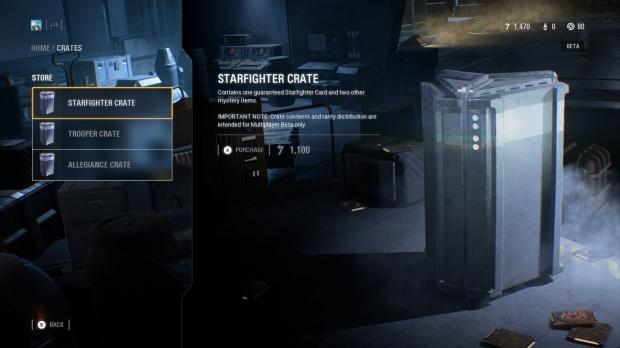As the FTC holds a magnifying glass to lootboxes, the ESA doesn't think they're exploitative gambling mechanisms.
It seems everyone's weighing in lootboxes--worldwide governments, the FTC, the UK Gambling Commission--and they all want to know one thing: are they gambling? The Electronic Software Association recently weighed in on gaming's biggest microtransaction fad with a concrete "no," which isn't surprising as the group houses many of the publishers selling these billion-dollar digital boxes.
"Loot boxes are one way that players can enhance the experience that video games offer. Contrary to assertions, loot boxes are not gambling," the Electronic Software Association told Polygon. "They have no real-world value, players always receive something that enhances their experience, and they are entirely optional to purchase. They can enhance the experience for those who choose to use them, but have no impact on those who do not."
The ESA's words echo sentiments made by the ESRB who declared in 2017 that lootboxes don't constitute gambling. The rationale is that gamers always get something for their money and are guaranteed some kind of digital item, unlike gambling which can result in nothing gained.
But the real argument surrounds lootboxes fostering addictive habits which could lead to problematic, life-ruining gambling farther down the road.
A recent study by the UK Gambling Commission found that 31% out of the 2,865 sample group of children aged 11 to 16 had spent money on digital microtransactions. Most of them, or 54%, knew about lootboxes.
Despite these figures, the UK Gambling Commission asserts that lootboxes aren't a gateway for gambling.
If declared gambling these digital microtransactions could be taxed as such, which could put a dent in publishers' fiscal earnings. So many big-name publishers are now focusing strongly on engagement monetization that regulation could force a change in the industry and possibly interrupt dev cycles and forestall certain games.



